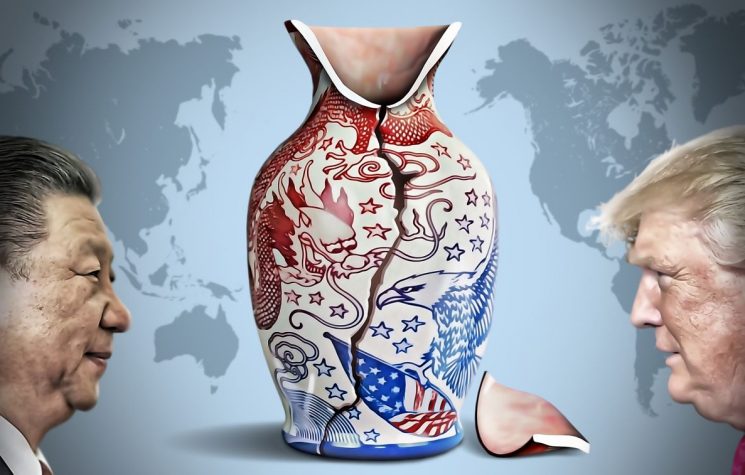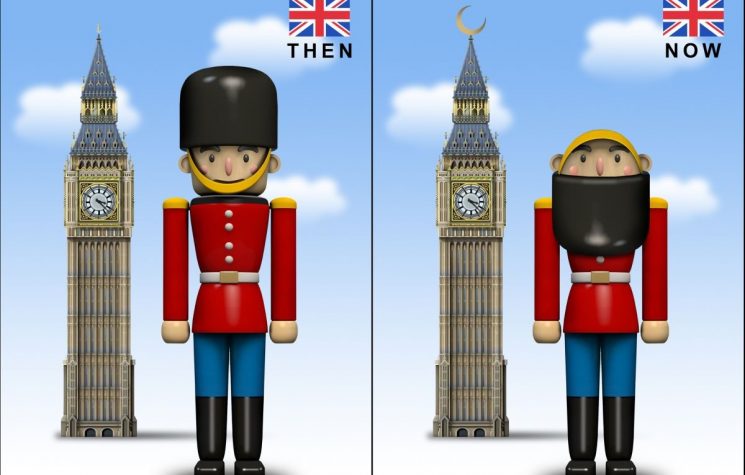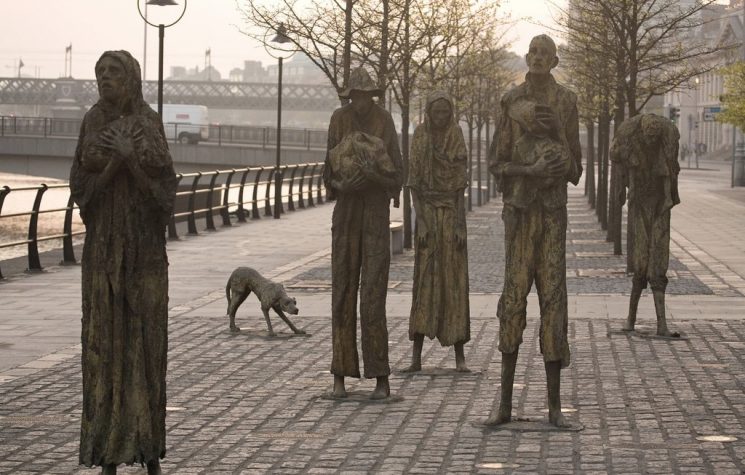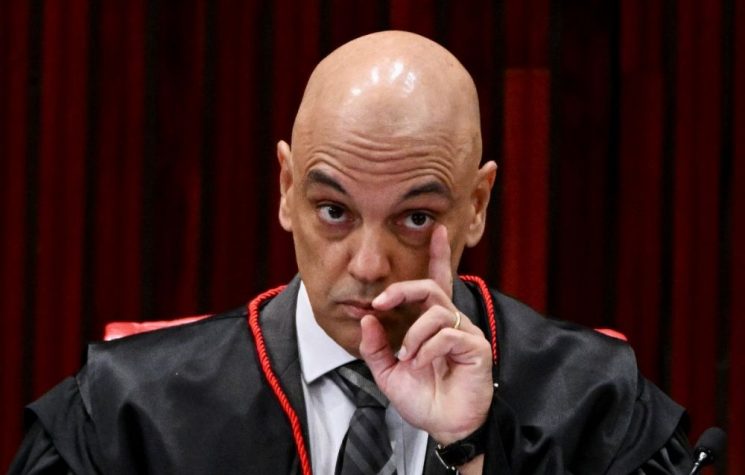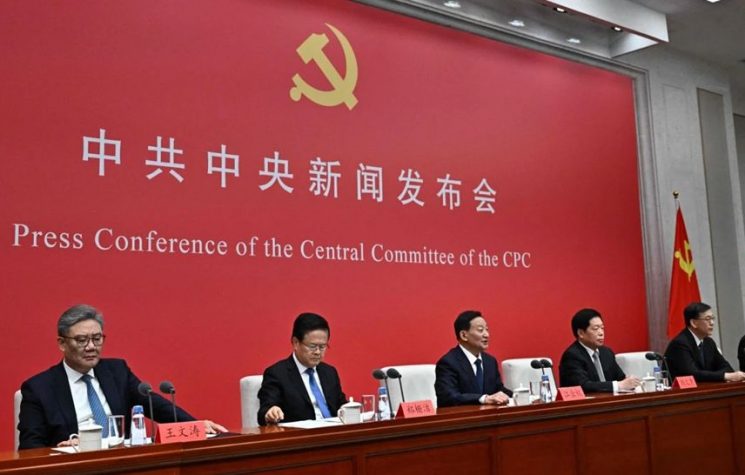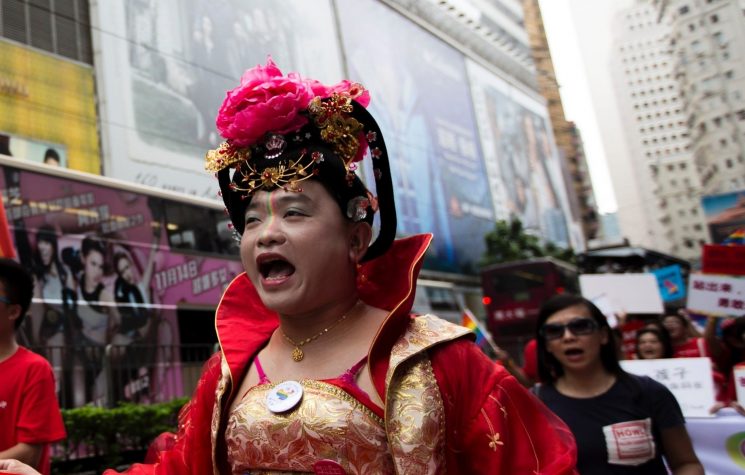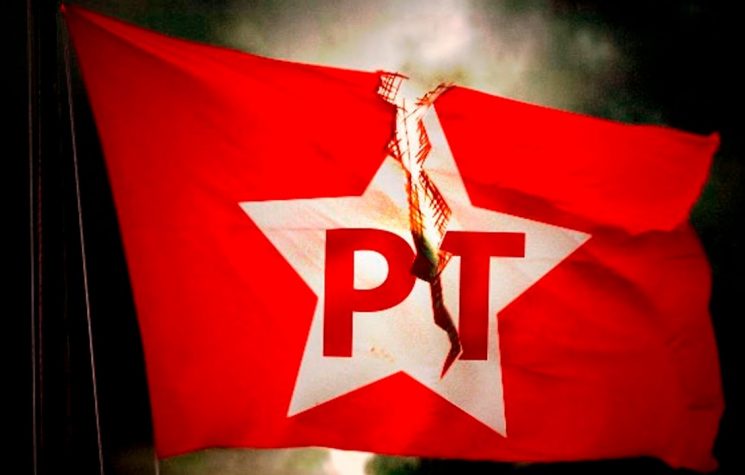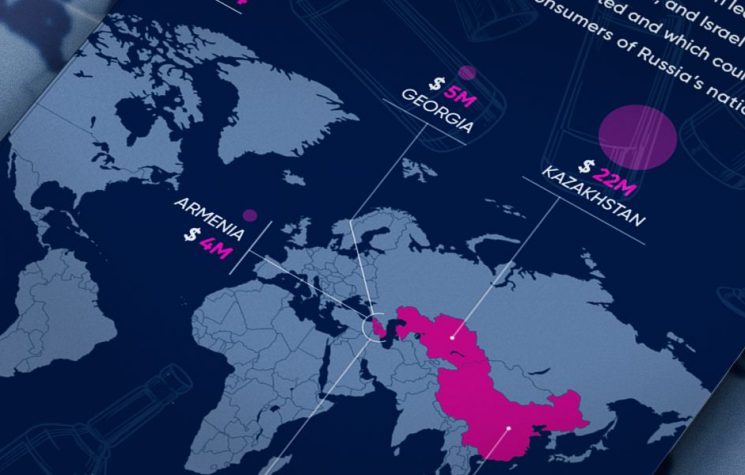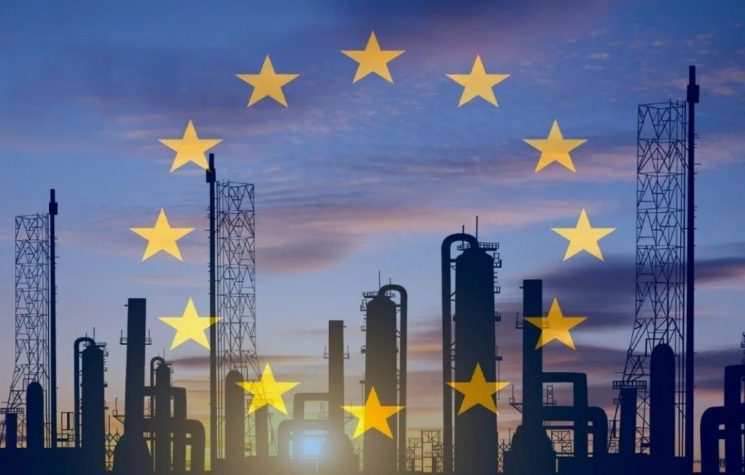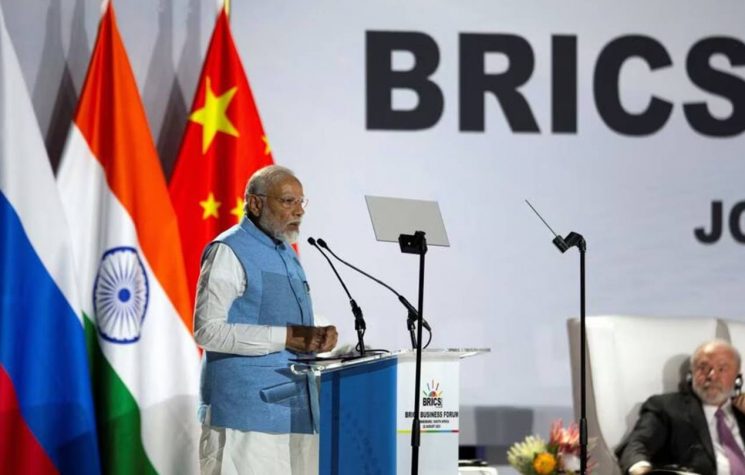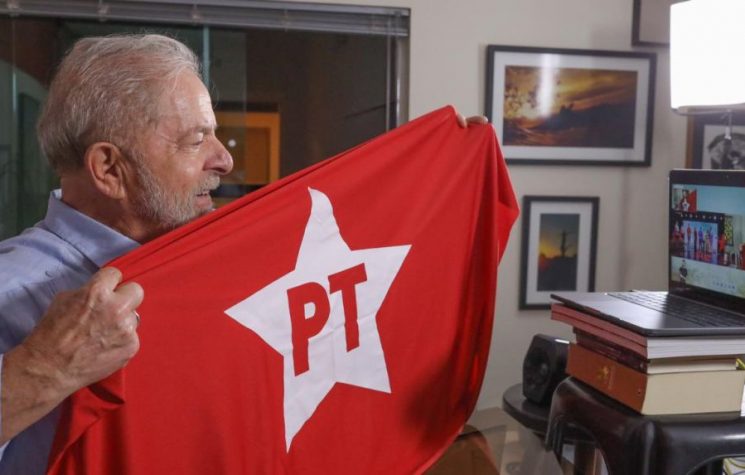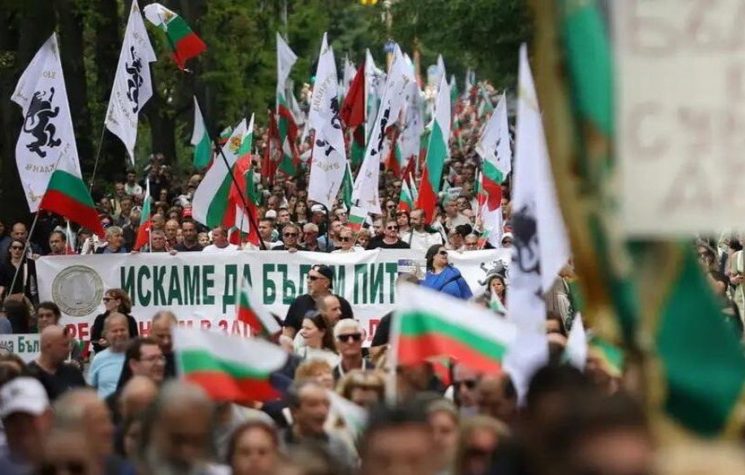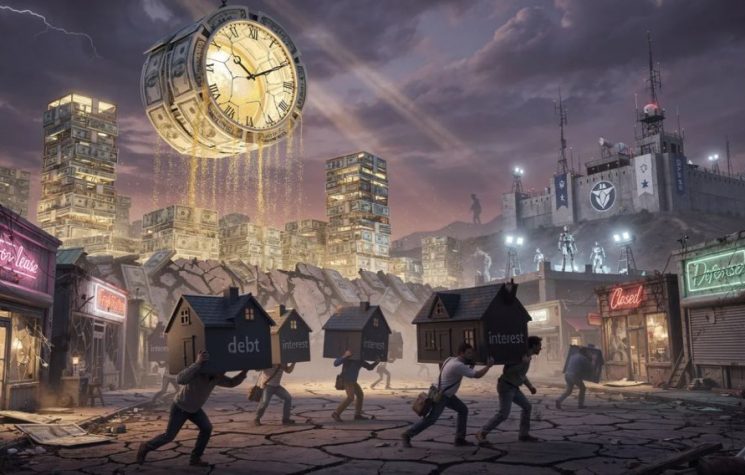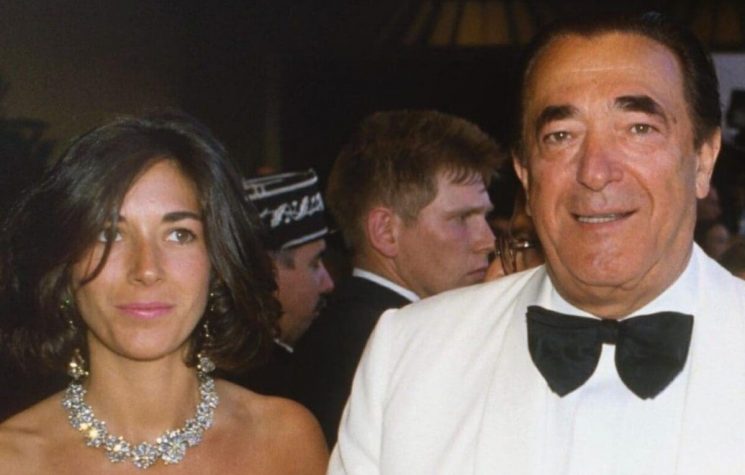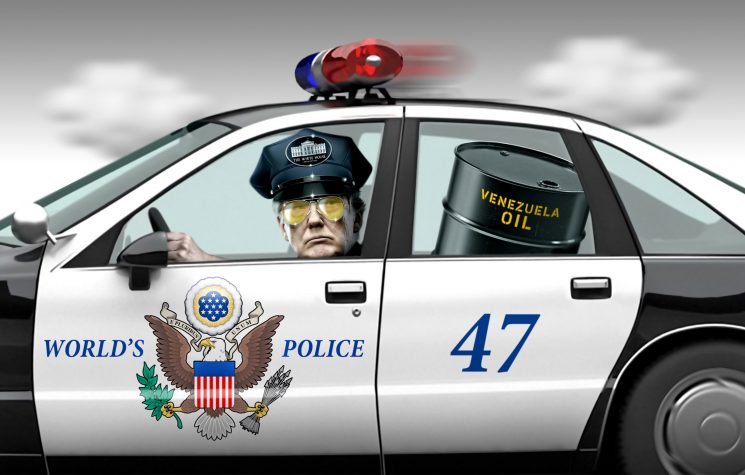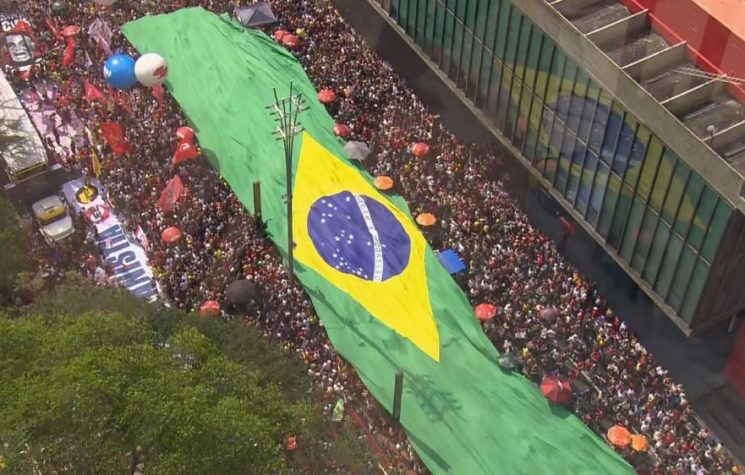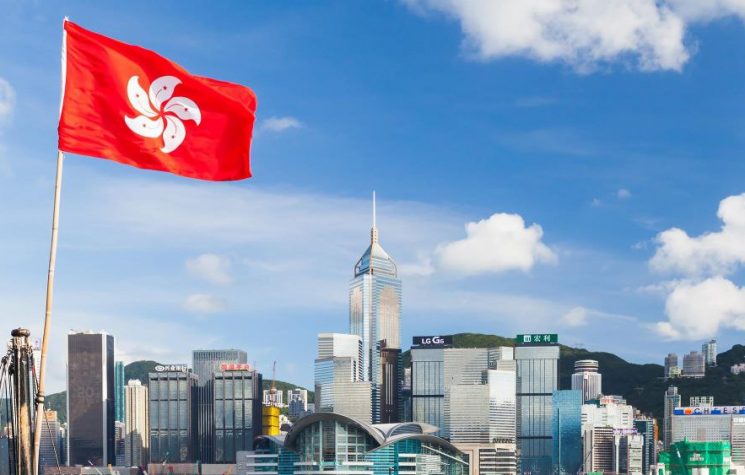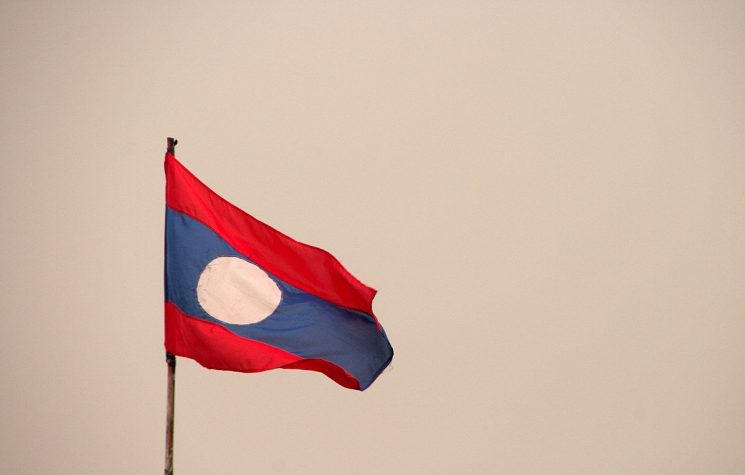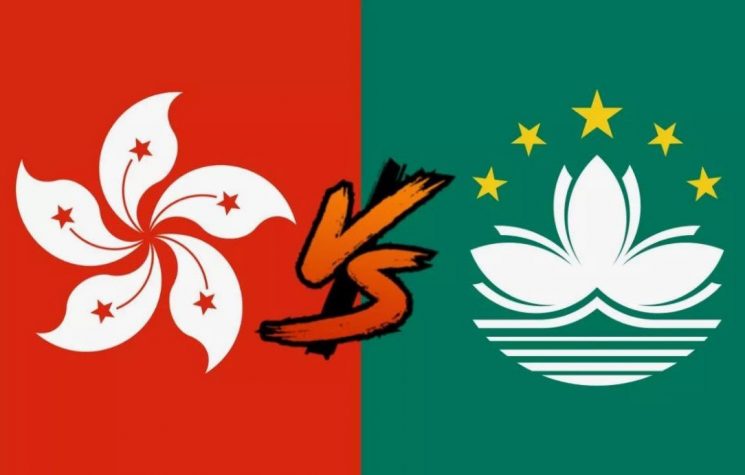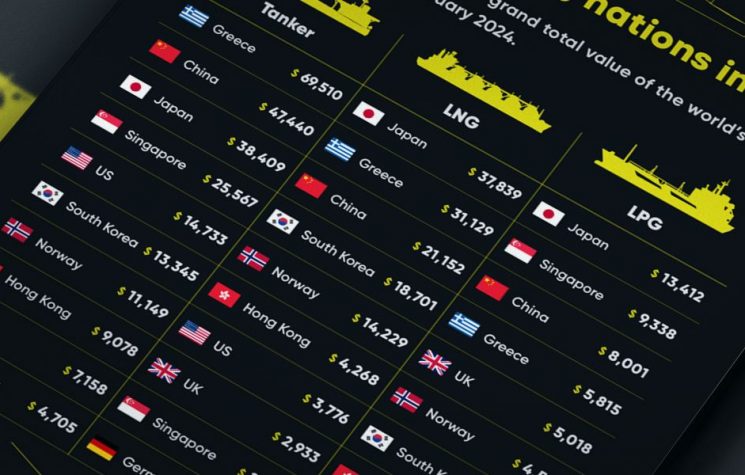Recent History shows a metamorphosis, a distortion and, finally, the withering away of the state.
Contact us: info@strategic-culture.su
In the last text, we saw that the neoliberalism that emerged in Austria during the Interwar period changed the function of the State: it stopped having the common good as its purpose and began to have as its purpose the protection of the market and private property across the planet. We mentioned the creation of the WTO as the crowning achievement of this process. Another interesting thing that we have seen (following historian Quinn Slobodian) is that since the 1940s, neoliberals have been trying to expand UN human rights with the aim of distorting them. If the right to employment was an anti-economic fantasy, the right to capital flight should be guaranteed by multilateral mechanisms. The author does not touch on this subject, but it is still appropriate to point out that wokeism is basically the distortion of human rights through its eternal expansion. Instead of the right to basic sanitation and employment, woke advocates the right to see a black woman advertising whiskey (the “representation”), or reserving positions for transsexuals.
One thing I didn’t mentioned is the controversy of European Union. For some neoliberals, it is an accomplished utopia; for others, any organization that is not global would be doomed to protectionism. In the end of the day, a pan-European market would serve for less efficient European producers to protect themselves from farmers from the rest of the world. Neoliberals wanted to create an international division of labor in which each country would have its role. Today it is very easy to see that, in this scheme, food production is not the role of Western Europe.
These things are in Globalists (2018), by Quinn Slobodian. In Crack-up Capitalism (2023), the time frame is more recent: it goes from the 1970s – when Milton Friedman marvels at Hong Kong – until the post-pandemic period, that is, today. We live in times when Milton Friedman already seems too statist because he does not call for the end of the state; and his grandson, Patri Friedman, imagines private countries built in international waters, explaining everything in an event financed by Peter Thiel. In this history, the state goes from protecting property in the global world to non-existence, as this role can be played by anarcho-capitalist contractual associations.
Hong Kong to the world
Milton Friedman goes to Hong Kong, then a territory ruled by England. What Friedman sees there is the resounding success of the combination of capitalism and authoritarianism, and thinks he can imitate the model. The most famous example of this combination is Pinochet’s Chile, full of Chicago Boys pupils of Friedman. However, the formula is not that simple, as Hong Kong relied on labor from mainland China (which kept labor cheap) and a formidable port. Furthermore, Hong Kong created by the British was a great tax haven, and its initial economic driver was the opium imposed on the Chinese. It does not follow, therefore, that the model can be replicated around the world, as not all countries have cheap labor, nor an accumulation of capital caused by the drug trade, nor a privileged port.
What Friedman managed to sell as an export model was, then, the scarcity of taxes, the receptivity to fleeing capital and the lack of democracy. In England, legal idiosyncrasies of feudal law allowed Thatcher to diminish local democratic mechanisms and create, in the City of London, Canary Warf, a region with its own laws that aimed to attract financial capital, or capital in flight. What England did to Hong Kong through colonialism, it replicated domestically thanks to a medieval archaism.
But Hong Kong had another export trait that was given to it not by the British, but by Deng. With the return of Hong Kong to China, Deng decided to keep the capitalist system in that part and declared that China would be a country with two systems, capitalist and communist. Thus, in 1997, China overcomes the opposition between capitalism and communism and simply proclaims that it will be a communist country with a special administrative zone in which capitalism prevails. And more: this model was replicable, so China created a number of special zones and thus generated a lot of wealth. In the decade following this transformation, China would emerge as a new economic power.
With the normalization of zones, it became common sense among liberals that the state’s function was to “attract investment”, competing to see who offers the most advantages to capital. In short, this destabilizes national states, as paying taxes becomes, to some extent, optional. No one knows what the economy of micro-states (such as Liechtenstein) and special zones would be like if, for some reason, capital flight did not exist. However, neoliberals and anarcho-capitalists have lost that sense of global harmony that organizations like the WTO were trying to create, and have started to think in terms of competition. If for the older neoliberals the function of States was to obey global organizations, aiming to protect property in a uniform way throughout the world, in this new phase, there is a war of everyone against everyone, in the search to flatter capital.
One relevant thing that interfered with this mentality was the collapse of the Soviet Union. Suddenly, a large state died and gave rise to a number of small countries, which, in turn, provided opportunities for experimentation.
From zone to fantasy
If neoliberals already had a penchant for experimentation, anarcho-capitalists go even further. Milton Friedman, liberal, was the father of David Friedman, father of the aforementioned Patri Friedman. Son and grandson are anarcho-capitalists. And, to give you an idea, David Friedman has an alternative personality who is a Berber from the Middle Ages: before it was fashionable, anarcho-capitalists did RPG and cosplay, because their purpose was to experiment with all possible societies to find a way to prove that their political theory is not a utopia; that it has precedents and is viable. Thus, there are attempts such as recreating a medieval Irish institution of buying and selling sentences, or creating a Somali tribe of white people, because Somali tribes would be especially fit to a stateless life. It would be a world of experimentation, in which everyone tests to see who does best in a competition: it is planning, but on a small scale.
In this world of competition, everyone would live “voting with their feet”, moving from country to country, or from private cities to private cities. It would not be feasible to address everything that anarcho-capitalists have already done in this regard; what matters is that the attempts already exist, and Slobodian maps them. I briefly mention the experimentalism with bantustans in South Africa and the creation of the micro-nation of Orania in the same place. In Latin America, there were charter cities in Honduras.
It is also important to mention that, with the dissolution of the Soviet Union, anarcho-capitalists and neoliberals saw secession as the ideal way to destroy the sovereign national state. In my view, this helps clarify NATO’s willingness to support ethnic minorities that turn against national states.
But it is good to recapitulate, then, that recent History shows a metamorphosis, a distortion and, finally, the withering away of the state. In the beginning, the function of the State was to promote the common good. With neoliberals, the State’s function was to protect property, inserted in a global order of mobile capital. Finally, the State – or whatever stands in its place – has no intrinsic function; it may perish and be replaced by another competitor. The state, at this stage of liberalism, has to fight for survival, and its success depends on pleasing customers. Indeed, liberalism fulfilled a Marxist prophecy.










